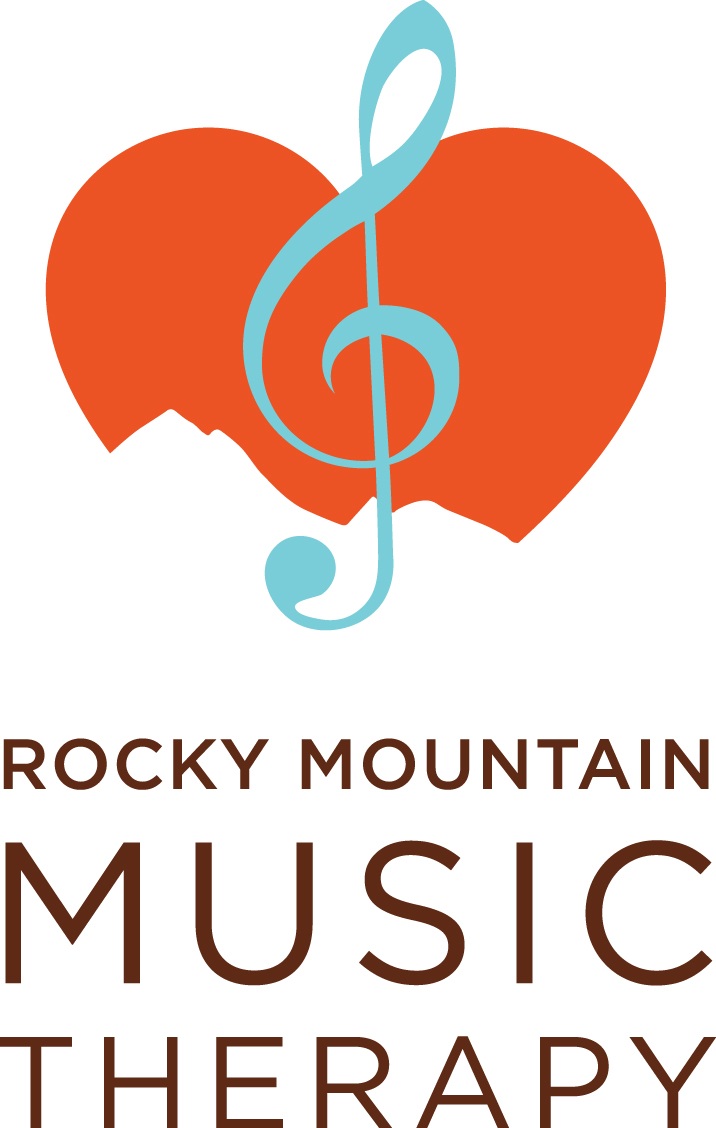The iso-principle is a defining element of music therapy that sets the profession apart from many others. The iso-principle is often simply described as “meeting the client where they’re at” (despite the grammatical implications that tend to drive me crazy, but we’ll let that slide today). By using the iso-principle, or meeting them where they’re at, music therapists are highly successful in gaining trust and therapeutic rapport effectively and quickly.
But… how do music therapists do that?
One of the ways we employ the iso-principle is by utilizing preferred music. Preferred music can be presented in essentially “covers” of their favorite songs:
For infants & children: often nursery rhymes, but not always! I worked with a 3 year-old once who vacillated between the Wiggles, Imagine Dragons, and the Ghostbusters Theme song (this kid was awesome — we also did therapy on his trampoline for a while… all in the name of the iso-principle!)
For pre-teens & teens: often what is popular on the radio or other media, but again not always! This age group is hard to keep up with sometimes because it’s like as soon as you learn a song they like, they’re already done with it — 21 Pilots? That was so 2018. Now everything is Billie Eilish. Oh wait, Billie Eilish didn’t know the Spice Girls were a real music group? She’s done. Ok, I think Diplo is popular now? I don’t know.
For adults: so adulthood spans a lot of years. This means music preferences are likely to change at least a couple times (ok, way more than a couple…) Often, the music that adults prefer is the music they listened to during their most productive times — usually early adulthood. This is when people are most likely to graduate high school and/or college, get married, start careers, have children, make purchases that actually affect their credit, and more. So depending on the age of the person, you may be able to calculate what decade was the “most productive” decade of their lives and choose music from that time. Or simply ask.
For older adults: for some, this might be the same music that the individual listened to during their “most productive” years like mentioned earlier; however, depending on the needs of the individual, music preferences may change. For example, if an older adult is in progressing stages of dementia, they often regress and may even prefer songs from their childhood or that they otherwise wouldn’t have chosen as a neurologically-healthy adult. Once again, the iso-principle saves the day.
Preferred music doesn’t necessarily mean you’re just playing their favorite songs for them. Sometimes this is utilizing sounds, body percussion, or instrumentation that engage them. A great example that I use (because my background is in psychiatric music therapy) is using the piano, guitar, or voice for a music-guided relaxation intervention. If I am working with an individual, I will ask them which instrument they prefer to listen to during the relaxation intervention and I will improvise. In this case, I am not playing a “preferred song” per se, but I am utilizing the preferred instrument to reach the intended goal.
Next up, the intended goal. So music therapists can help a client with basically anything. Ok, that’s not entirely true, but music therapists do address goals that are relevant for a client’s life. Often, this means music therapists will be working on the same or similar goals as other professionals such as occupational therapists, counselors, behavior therapists/analysts, and more. What makes us different is we create interventions that use music as a primary medium for change. According to Dr. Michael Thaut, one of the early developers of Neurologic Music Therapy:
“the brain that engages in music is changed by engaging in music.”
So how do music therapists develop these goals?
Music therapists have the luxury of being creative, but most of us here at Rocky Mountain Music Therapy utilize the Neurologic Music Therapy Transformation Design Model to develop our interventions. This is a multi-step process developed by Dr. Michael Thaut to break down an intervention that is directly transferable to a clients life. The general steps are as follows:
1) Diagnostic and functional assessment of the patient
2) Development of therapeutic goals/objectives
3) Design of functional, non-musical therapeutic exercises and stimuli
4) Translation of step 3 into functional, therapeutic music interventions
5) Transfer of therapeutic learning to “real-world” applications
This is what it means to address “non-musical” goals, or goals that are transferable and relevant for their lives. Information about other music professions that address health issues can be read about in a previous blog entitled: “What is music therapy? (Let’s begin with what it’s NOT.)”
Until next time…
-Anastasia


